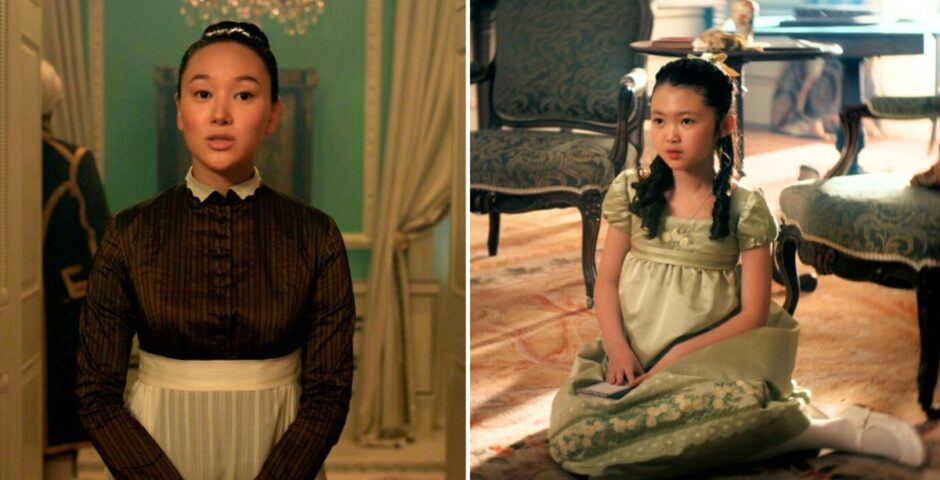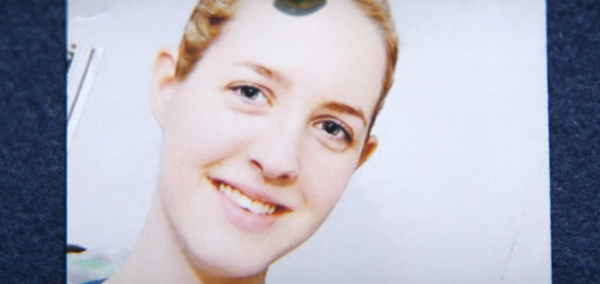Why are lecturers split on striking? We asked two Nottingham University lecturers
‘Strikes are not against the students, they are for the students’
The realities of strike action have occurred once more for uni students this term, with cancelled lectures and delayed teachings, students have been left to their own devices. With an overwhelming 70,000 staff striking from 150 universities across the UK, it is hard to ignore the severity of the situation and the impact it is having on campuses.
The union has currently called off strikes for the next two weeks, however these ongoing disputes aren’t over and just add to the wave of mass disruptions that have brought the UK to a halt. On February 1st, it was estimated that 500,000 people would be on strike, from teachers to rail workers. University staff are clearly not alone in their dissatisfaction, but why are uni lecturers split in how to address this discontent?
Whether your lecturer is a striker or not, it is important to understand the motivations behind the two sides of the argument. The Tab Notts were able to talk to two lecturers who hold very differing perspectives towards strike action, with both expressing a clear and justifiable argument for their positioning.
Why are staff angry?
When asked if there were valid reasons for dissatisfaction, both lecturers agreed there were serious implications due to mishandling by Vice Chancellor Prof. Shearer West and senior management. American Studies lecturer, Christopher Phelps, claimed the slashing of pensions by around 30 per cent was the last straw for him.
He said: “Last year’s strikes were focused on defending pensions […] and this strike now is about trying to restore those pensions. But between that and pay and casualisation of labour and workload – that is what the strikes are about.”
Most Read
Christopher went further to suggest British universities and the quality of future degrees for students were under threat. He argued: “The real issue is the destruction of the academic profession as a profession”, believing when the profession is less attractive, as a result of poor management, the quality of education will ultimately suffer.
Another lecturer, Sarah*, who asked for their name to be changed, also highlighted similar concerns, admitting conditions do need improving. They agree with Christopher, the workload is causing strains on the workforce, but maintained striking is not the solution.
Is striking the only option?
Sarah said: “You can try to do more within the existing structures”, promoting a non-compliant attitude towards the university’s actions.
They continued: “For example, I will vote for colleagues who I know are more active to go on to the senate […] I’ll volunteer to be on some of the faculty committees where at the very least I can argue the case for junior colleagues.”
When asked if they had noticed any substantial changes from using this method, they admitted it was a slow process due to the limited representation on such committees.
For lecturers like Christopher, these tactics don’t seem drastic enough, and he said: “If they are carrying out policies that are harmful to staff, staff have very little recourse tactically than to strike. What else are we supposed to do?”
Are strikes effective?
For strikers, there is no other option, whether it’s effective or not, it’s more about solidarity and making a clear stance against universities’ new policies.
While the numerous factors that Christopher listed can be seen as clear reasons for striking, Sarah argues they think an additional problem with the current strikes is “it’s lumping three distinct issues together” – pay, pensions, and workload.
Sarah said: “It confuses everything […] keeping them separate would potentially be more effective.”
Are the strikes for the students?
This question is up for contention. It is students who suffer as a result of these strikes, however, Christopher believes frustration should be directed towards senior management rather than the staff who have been left with no viable alternative.
When asked to address the argument that strikes are having more of a damaging impact on the students rather than the institution, Christopher said: “The answer to that is to make your dissatisfaction known to senior management”, going on to say “strikes are not against the students, they are for the students.”
Christopher’s argument was put to Sarah, who argued: “In the long run yes, but in the short run, that can’t be the case […] it’s not going to benefit students who are currently at the university.
“If the strike doesn’t impose heavy costs on students, it’s not going to be effective, and I’m not willing to impose heavy costs on students. Therefore, I don’t strike.”
Does the university take these concerns seriously?
Both lecturers answer plainly with a “no”, reiterating the mistrust, and mishandling by senior management.
Sarah added: “The situation has deteriorated a lot over the last five to ten years […] senior management no longer lead by example, they’ve adopted a far more centralised approach.”
Christopher agreed, noting: “All the power is increasingly concentrated in senior management who are paying themselves handsomely – You should look up what the VC is paid, it’s a matter of public record.”
Christopher is correct, it is, and Prof. West’s remuneration currently sits at £286,000 per annum.
With regard to the university’s response to strike action more specifically, he said: “I can’t say I think so far they have responded constructively […] and they do repeatedly lie about the extent of the strike and try to minimise how extensive it is.”
The impact on staff:
Disillusionment towards the profession seems like a natural reaction after what university staff has had to endure: being underpaid, overworked, and underappreciated.
Christopher said: “People’s morale is at an all-time low.”
Sarah added: “Those who are earlier in their careers are facing a much worse environment than what I faced when I was at their stage, and I’m aware of that. What I can try to do is take some of the burden off them […] I’ll do the tedious admin stuff, so they don’t have to waste their time on it.”
Both lecturers acknowledge that university staff are under immense pressure to teach to the best of their abilities while facing policies that constantly undermine their roles. However, the only issue seems to be about how to handle this frustration, to strike, or to take control from within the university infrastructure.
Both claim to be protecting students through their stances on strikes – an opinion only students can determine is true for them.
A University of Nottingham spokesperson directed us to an official statement from the university that wrote: “The national industrial action by members of the University & College Union (UCU) affecting 150 universities has been paused for the next two weeks.
“This means that strike action will not take place at the University of Nottingham on the previously confirmed dates of 21-23 and 27-28 February and 1-2 March.
“In joint statements issued on Friday 17 February following ACAS-facilitated discussions, employer and union representatives announced they have agreed to proceed to time-limited negotiations aimed at agreeing a revised pay spine to address the pay compression that has developed over recent years, as well as contract types, workload, and pay gaps.
“In parallel, the latest quarterly monitoring figures of the USS pension scheme continue to show an improvement in the scheme’s financial position since the last valuation.
“In a further joint statement issued on Friday, Universities UK and UCU said this would allow for a return to a comparable level of future benefits as existed before the April 2022 changes, as well as achieve a reduction in costs for members and employers.
“Industrial action proposed for the next two weeks has therefore been called off to provide a “period of calm” to allow for intensive negotiations aiming to secure a final agreement.”
Names marked with * have been changed to preserve anonymity.
Related articles recommended by this author:
• Notts-based supporters of Animal Rebellion ‘Paint The Streets’ in night of national action
• Third year is stressful but there’s a bittersweet sense that it’s all coming to an end
• Six top tips to secure your dream grad job as a student in Notts


















